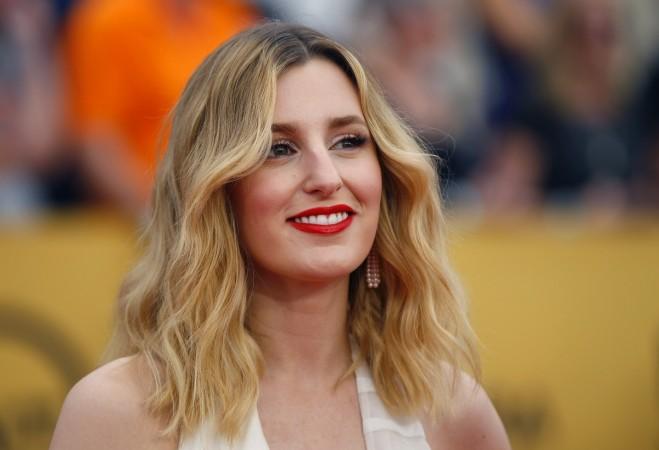
The end is near for "Downton Abbey." If you've watched Julian Fellowes' period drama since the beginning, you are a changed person. The viewers have felt comfort, joy, hope and sadness while watching the women fight for agency, challenge stereotypes and carve an identity for themselves in early 20th century Britain.
To be sure, Julian Fellowes' masterpiece has found a devout fan following because it urges immediacy among viewers. Some of us have either been unlucky like Lady Edith (Laura Carmichael), or have found ourselves ignored for being too kind like Lady Grantham (Elizabeth McGovern).
The women on "Downton Abbey" are not just anachronistic characters from a bygone age. Their problems are universal and their mental conflicts touch at the core of what we still feel: guilt, jealousy and betrayal.
Here's why the women are our heroes, and in many ways, an integral part of who we are:
Lady Edith and Anna Bates: If their life could be defined by one word, it is sadness. Throughout the six seasons, both their lives have been marked by the absence of luck. If Lady Edith, the jealous and emotional Crawley sibling has been unlucky in love, then Anna's (Joanne Froggatt) misfortunes stem from the fact that her companion, the ever-loving Mr. Bates (Brendan Coyle) has spent most of his married life in prison.
In the show, both women are forced to experience loneliness. However, they are shining examples of strength. If Lady Edith has established herself as a modern woman, a free thinker and an editor of a paper, Anna's ability to move past her hurdles and remain strong for her husband proves her mettle.
Lady Mary and Violet Crawley, Dowager Countess of Grantham: The eldest daughter of the Crawleys and the matriarch of the Crawley family are defined by their adherence to tradition. Lady Mary (Michelle Dockery) and her grandmother, Lady Violet (Maggie Smith), have never been able to fully accept the changing socio-political and economic landscape. However, they have never lived in denial either.
The Dowager and Lady Mary can perhaps never be part of the working class, but they acknowledge that times have changed, and have adapted in a way that's unique to them. Lady Mary's role of an estate agent is similar to the Dowager's role as the president of the hospital. Their entrepreneurial spirit makes them leaders in their own right, but the women can never thrive in a space that's too modern. They bend the rules of what's expected of a genteel lady, but they are married to their class.
Lady Grantham and Mrs. Hughes: Cora Crawley and Mrs. Hughes (Phyllis Logan) are maternal, nurturing, non-judgemental and most importantly, kind. They are loved and adored by their husbands but unfortunately, they are married to what most people would call benign dictators.
Mr. Carson (Jim Carter) and Robert Crawley cannot fully appreciate their wives' independence. However, this has never stopped the women from standing firm for what they believe in. They have also helped their husbands have an open mind and be a feminist. It is Lady Grantham and Mrs. Hughes' strength that makes their marriage a contract signed by equals.
Isobel Crawley and Lady Rose Aldridge: It would be right to say that these two women are ahead of their times. If there's life after "Downton Abbey," we can imagine Isobel Crawley (Penelope Wilton) to be a champion of the working class, or an intrinsic part of it, at the very least. Although Lady Rose isn't much of an activist, her ability to love and help those in need of help transcends class, colour, gender and religion.
Even as the audience bid to a period drama, they will carry pieces of the characters with them. The dowager's words have never been more true, "I'm not a romantic, but even I concede that the heart does not exist solely for the purpose to pump blood."
"Downton Abbey" Season 6 Episode 9 airs on Sunday, March 6, at 9 p.m. on PBS Masterpiece.

















